For centuries, women have played a vital role in the development and progress of African societies. From the earliest times, African women have been the backbone of their communities, serving as nurturers, caretakers, and leaders.
Despite facing numerous challenges and obstacles, they have continued to shape their societies and also contribute to their growth and development.
Today, their role is more critical than ever as they continue to fight for equality and recognition in a rapidly changing world.
In this article, we will explore the rich and complex history of women in African societies. We will examine their contributions, challenges, and the ongoing struggle for gender equality.
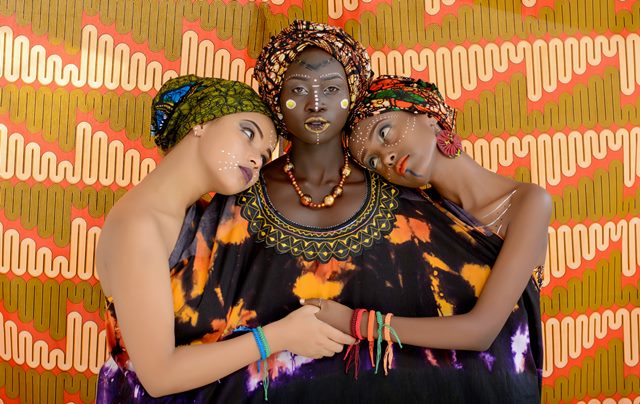
The Importance of Women in African Societies
Women have always played a key role in African societies. Historically, women were responsible for nurturing and caring for their families, maintaining the household, and preserving their culture and traditions.
However, their role extends far beyond these domestic duties. Women have also been instrumental in shaping African societies, from economic and political development to social and cultural fabric.
Read: Why is Good Hygiene Essential for Health?
Historical Perspective of Women in African Societies
African women were already vital to their communities even before the arrival of colonialism. They maintained their households, raised children, and preserved cultural traditions. They also played a significant role in economic activities such as farming, small-scale trade, and crafts.
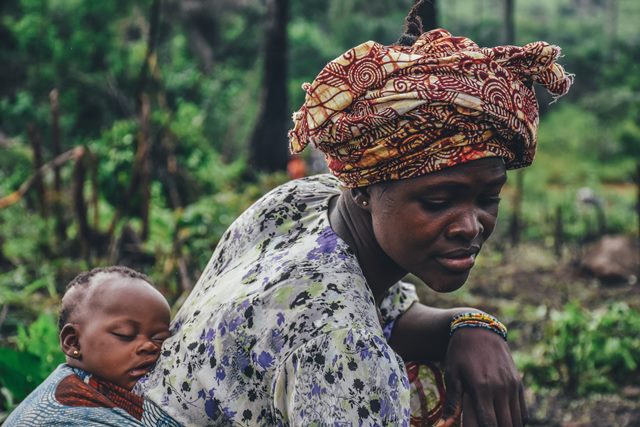
Women often kept traditional knowledge, including herbal medicine, crafts, and other cultural practices. They were also the custodians of oral history, passing on stories, eulogies, folklore, and traditions from one generation to the next.
In many societies, women held positions of power and influence, serving as queens, chieftains, and priestesses.
Read: 7 Female Warriors Who Led African Armies and Empires
However, with the arrival of colonialism, women’s roles were significantly altered as they were relegated to subservient roles.
European colonial powers imposed their cultural norms and values on African societies, often disregarding the existing roles of women. This resulted in significant changes to women’s social, economic, and political positions as they were forced to adapt to new societal norms.
During the colonial period, women in African societies were often exploited for labor, and their contributions were undervalued.
Women were expected to provide unpaid labor in the form of domestic work and child-rearing. On the other hand, men held positions of power and influence. African women in colonial societies were also subjected to discriminatory laws, such as those that prevented them from owning property or inheriting wealth.
Women’s Rights Since the Colonial Period
The struggle for women’s rights and gender equality in Africa began during the colonial period. Women organized and advocated for their rights en masse.
Women’s movements for gender equality in Africa have been growing ever since, resulting in significant progress in recent decades.
As such, African women have broken down barriers to political participation, economic empowerment, and access to education, among other areas.
Today, women continue to play critical roles in African communities and societies. And their contributions are increasingly being recognized and valued.
Women increasingly participate in politics, with many women holding power and influence in government and civil society. They also play significant roles in economic development, serving as entrepreneurs, innovators, and leaders in their fields.
However, despite these, many challenges remain in the struggle for women’s rights and gender equality in African societies.
Cultural and religious beliefs, discrimination, and lack of access to education and economic opportunities continue to limit women’s potential for full participation in some aspects of society. Regardless, the never relenting women hope to conquer this too soon.
We Design & Develop Websites, Android & iOS Apps
Looking to transform your digital presence? We specialize in creating stunning websites and powerful mobile apps for Android and iOS. Let us bring your vision to life with innovative, tailored solutions!
Get Started TodayWomen’s Struggle for Gender Equality in African Societies
One of the main challenges facing women’s struggle for gender equality in Africa has been the persistence of cultural practices and traditions that discriminate against women.
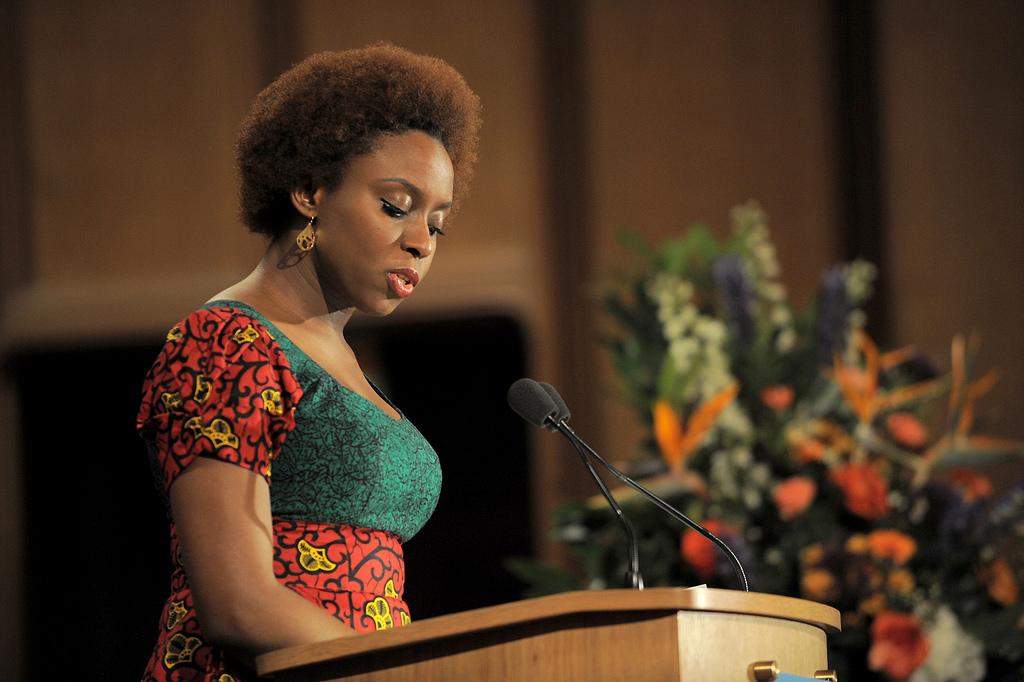
For example, in many African societies, women are expected to be submissive and obedient to men. They are often denied access to education and economic opportunities.
Additionally, women are often subjected to harmful traditional practices such as female genital mutilation and forced marriage.
Despite these challenges, African women have been at the forefront of advocating for their rights and pushing for change. Women’s movements for gender equality in Africa have been growing over the last few decades. This has seen women organizing and mobilizing to demand their rights and challenge patriarchal norms and practices.
One of the most significant achievements of women’s struggle for gender equality in Africa has been the increased representation of women in political leadership.
Women are increasingly taking up leadership positions in government and civil society, breaking down barriers and challenging the status quo.
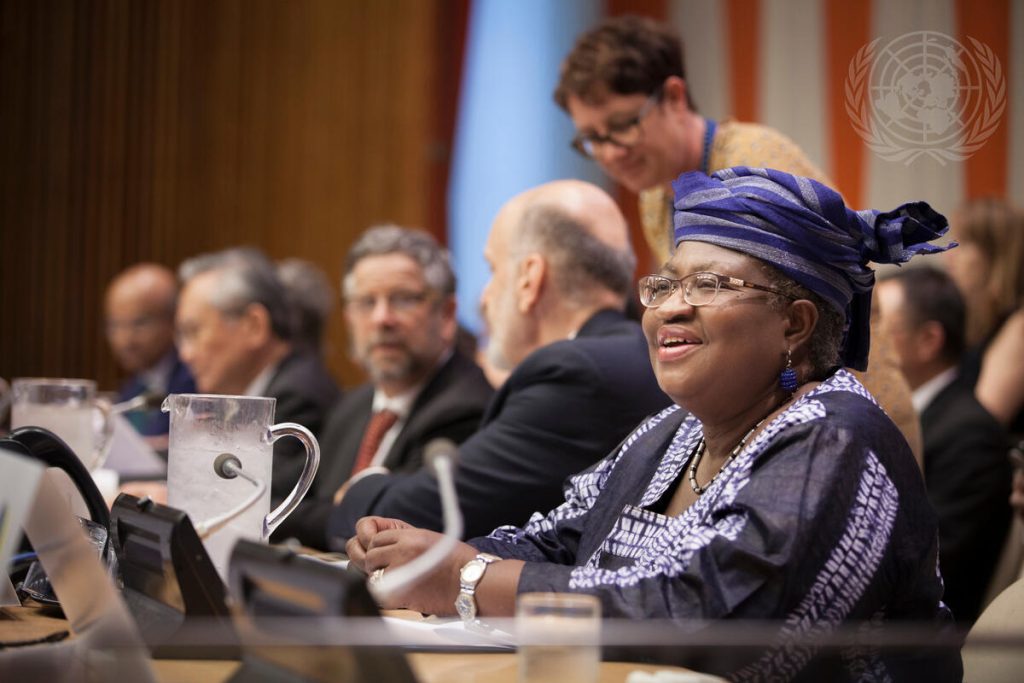
For example, Rwanda has the world’s highest proportion of women in parliament, with women holding 61% of the seats in the lower house.
Women’s economic empowerment has also been a key focus of their struggle for gender equality in Africa. They now hold powerful positions in the private sector and start their own businesses.
Education is another area where women’s struggle for gender equality in Africa has significantly progressed. More girls are attending schools and completing their education than ever before. And more women are pursuing higher education and professional careers.
Although there is progress, more needs to be done. In certain areas, girls and women still face significant challenges in accessing education due to cultural and religious beliefs and gender-based violence.
Read: Challenges Women In The Workspace Face
African Women’s Role in Economic Development
Women have made great strides in developing the economy of African societies. More women are starting businesses in various sectors, including agriculture, technology, and retail. This effectively means they’re creating more jobs and driving economic growth.
For example, in Kenya, women-led businesses contribute over $1.6 billion annually to the economy.
However, African women entrepreneurs still face significant challenges, including limited access to financial resources and markets. There are also cultural and social barriers that limit their access to networks and opportunities.

Therefore, addressing these challenges and creating a supportive environment for women entrepreneurs is essential to promoting women’s economic empowerment and driving economic development.
The role of women in agriculture should be highlighted. Agriculture is the backbone of many African societies, and the contribution of women cannot be overemphasized.
Women farmers produce a significant portion of the world’s food, yet they often face substantial barriers to accessing resources, markets, and technology. Increasing women’s access to these resources and addressing gender-based constraints in the agricultural sector can significantly improve food security and economic growth for many African communities.
The Contributions of Women to Political Leadership in African Societies
In recent years, African women have been breaking down barriers and taking up leadership positions at various levels of government. Women serve as heads of state, members of parliament, and ministers.
For example, Ethiopia elected its first female president, Sahle-Work Zewde, in 2018. Rwanda also has one of the world’s highest representations of women in parliament.
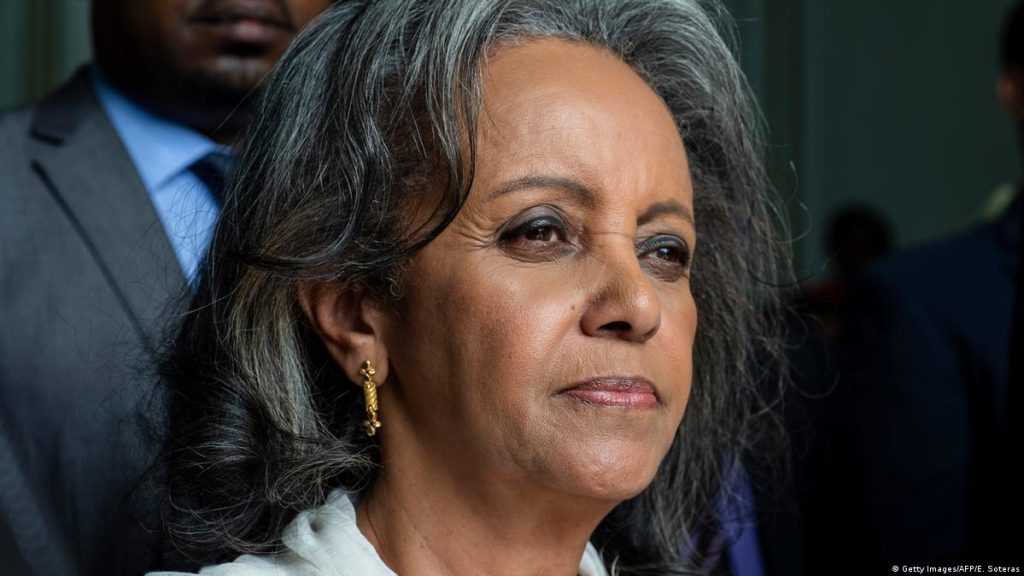
We Design & Develop Websites, Android & iOS Apps
Looking to transform your digital presence? We specialize in creating stunning websites and powerful mobile apps for Android and iOS. Let us bring your vision to life with innovative, tailored solutions!
Get Started TodayHowever, women’s representation in political leadership positions remains low in many African countries. They face significant barriers to participation and equal representation. These barriers include cultural and social norms that limit women’s participation in political processes, limited access to resources and networks, and gender-based discrimination and violence.
Notably, we should know that addressing these barriers and promoting women’s participation in political leadership is essential to promoting gender equality. It will also help drive inclusive and equitable development on the African continent.
In addition, women in leadership positions can serve as role models for young girls and advocates for women’s rights. Armed with power and a voice, they can challenge traditional gender roles and advocate for policies that promote gender equality and women’s empowerment.
Before you go…
Hey, thank you for reading this blog to the end. I hope it was helpful. Let me tell you a little bit about Nicholas Idoko Technologies. We help businesses and companies build an online presence by developing web, mobile, desktop, and blockchain applications.
We also help aspiring software developers and programmers learn the skills they need to have a successful career. Take your first step to becoming a programming boss by joining our Learn To Code academy today!
Put Your Tech Company on the Map!
Get featured on Nicholas Idoko’s Blog for just $200. Showcase your business, boost credibility, and reach a growing audience eager for tech solutions.
Publish Now










